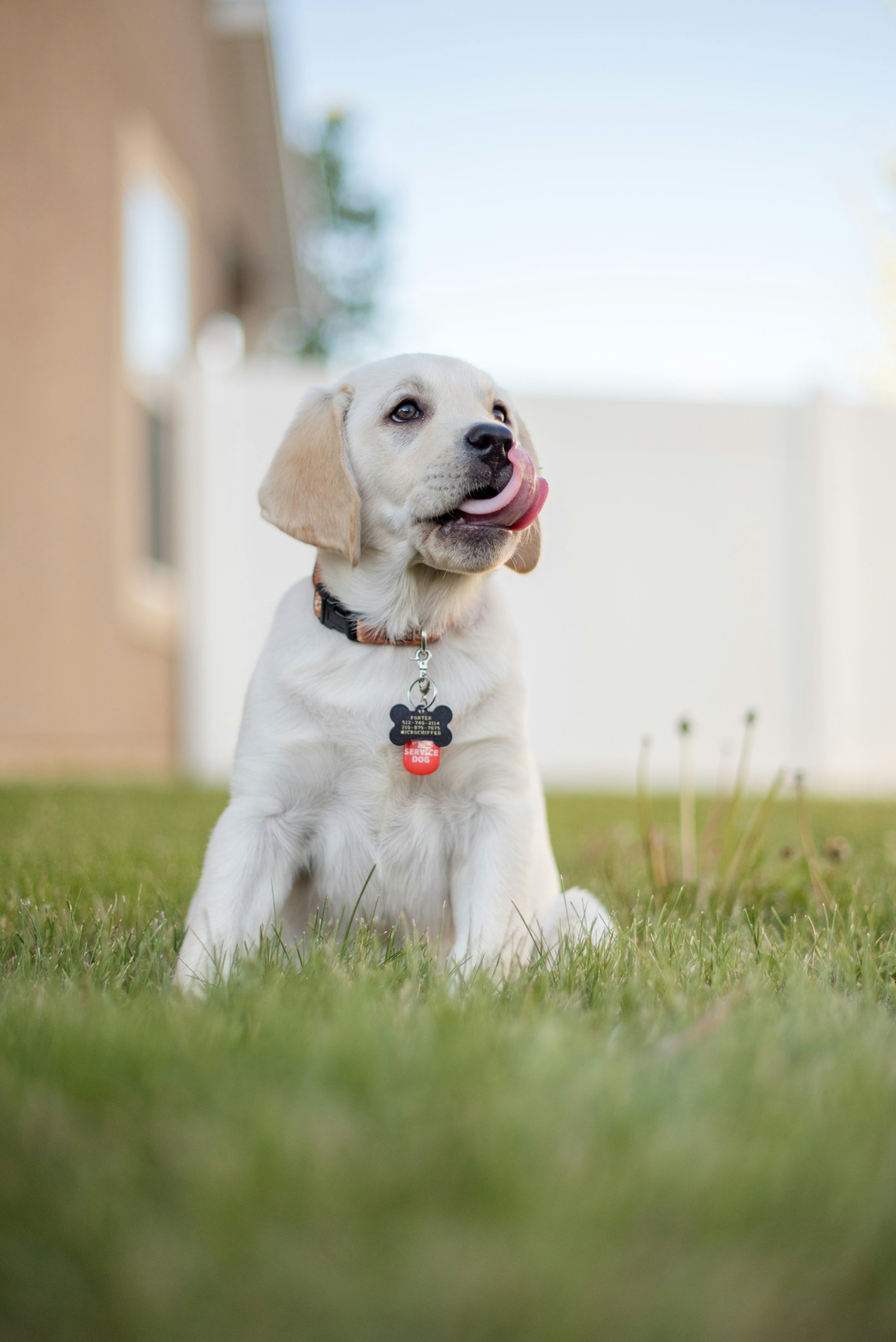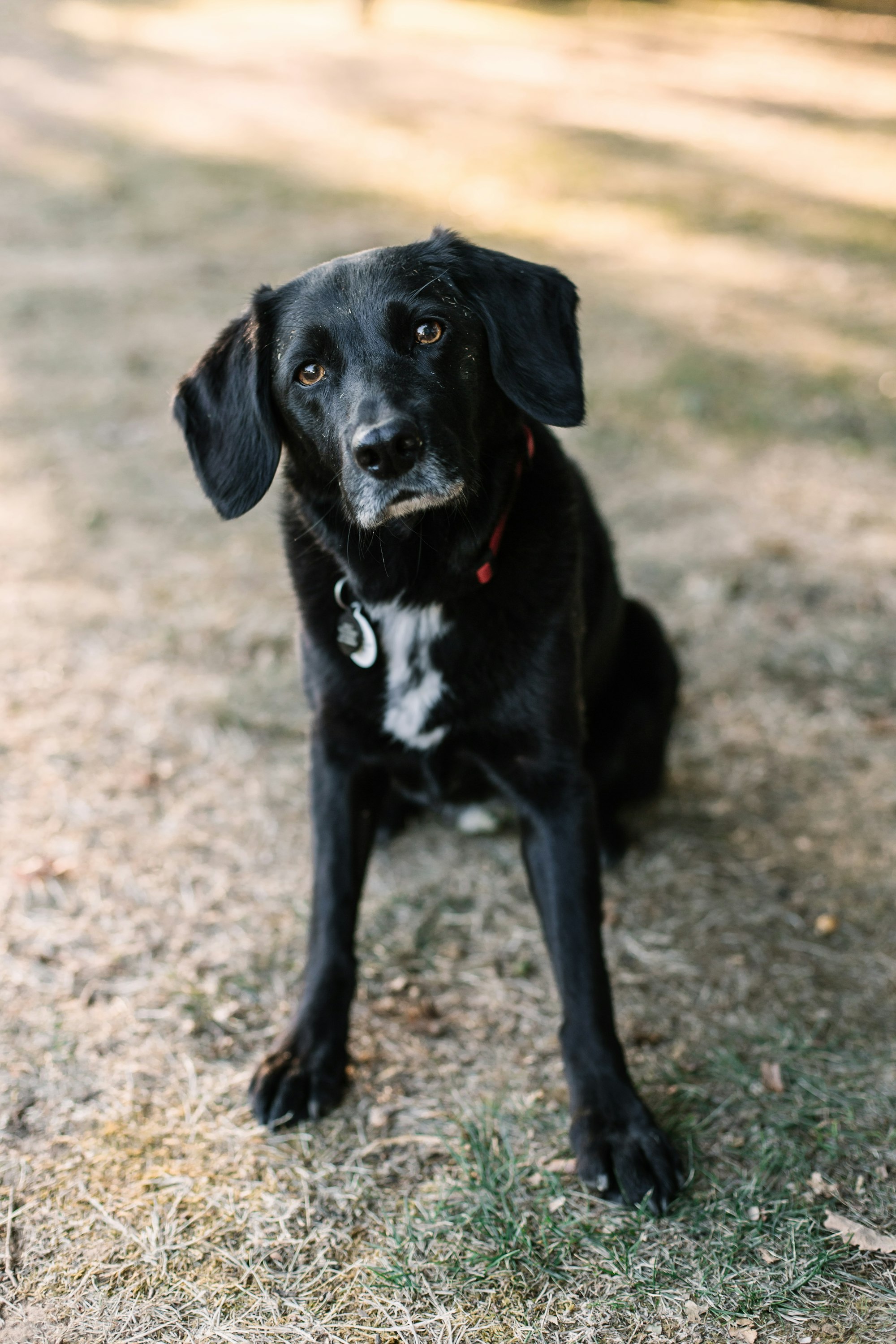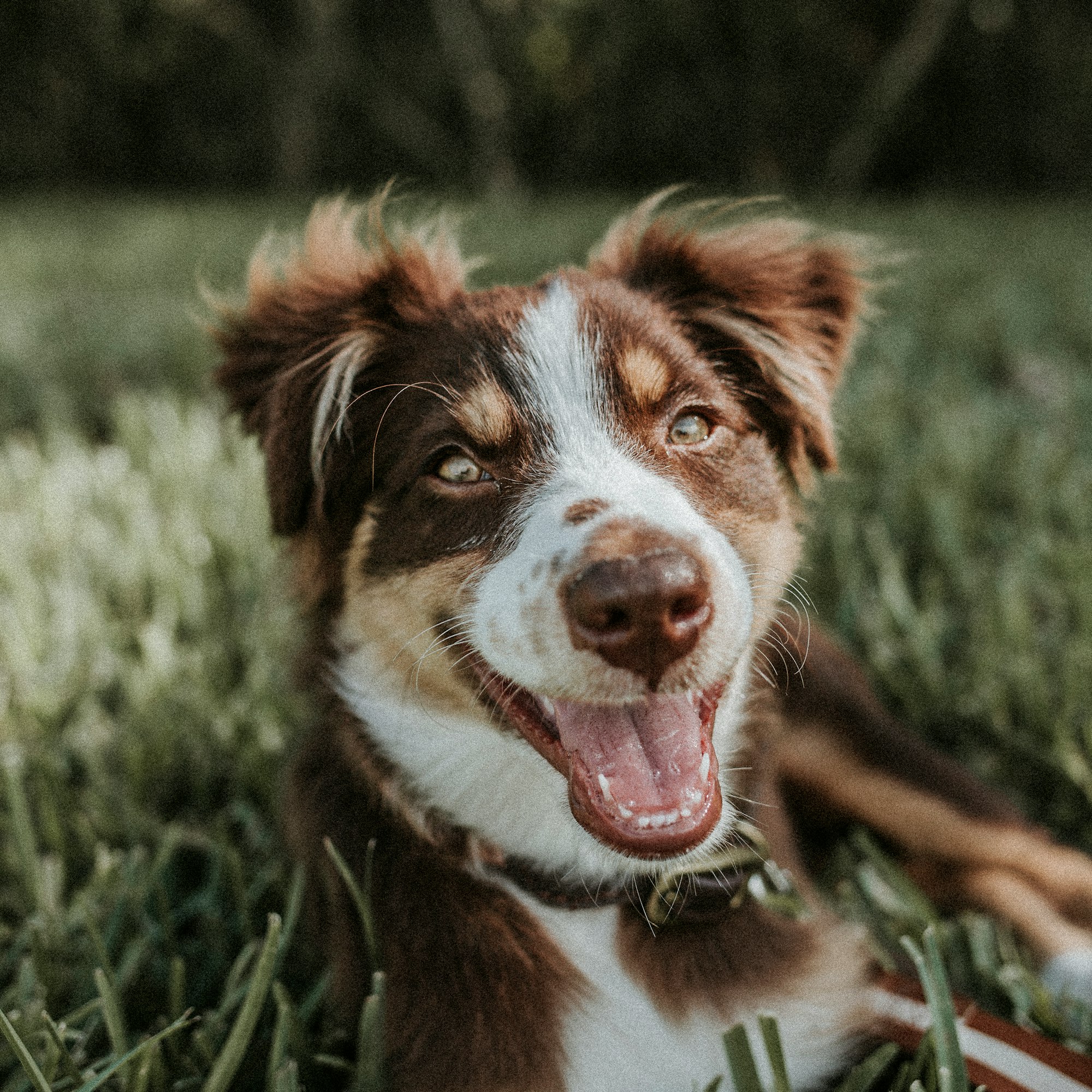As an esteemed pet owner or a collie lover, you may have come across the term Collie Nose. This peculiar health issue, scientifically known as Nasal Solar Dermatitis or Canine Nasal Dermatosis, mainly affects Collies and similar breeds, causing distressing symptoms that are hard to miss. Understanding the causes, recognizing the symptoms early, and knowing the appropriate treatment for Collie Nose are essential for maintaining your dog's overall nose health.
Understanding Collie Nose
The term Collie Nose might sound cute and harmless, but in reality, it's a severe condition. Collie Nose is a skin condition that primarily affects the area around the nose, lips, and occasionally, the eyes. The condition usually worsens with sun exposure and could potentially lead to severe discomfort and distress for your canine friend.
The Tell-Tale Symptoms of Collie Nose
Spotting Collie Nose Symptoms is often straightforward due to their prominent visual nature. These symptoms can range from mild redness, flaky skin, and loss of pigmentation to painful ulcers and sores around the nose and mouth area. In more severe cases, dogs may experience crusting and bleeding.
For instance, picture your sweet Collie friend, Fido. He was as lively as ever, running around, chasing his tail, and fetching balls. Suddenly, you notice him scratching his nose more often than usual. On closer examination, you find a reddened nose and some loss of color. That's the moment to be alert; these are classic signs of Collie Nose.

Uncovering the Causes of Collie Nose
While the exact Causes of Collie Nose aren't fully understood, several factors are believed to contribute to this condition. Some believe that it's a combination of genetic predisposition, immune system abnormalities, and exposure to sunlight.
Here, we can draw upon the example of Daisy, a beautiful Collie that loves basking in the sun. Despite her love for sunlight, Daisy developed sore patches around her nose. After a visit to the vet, her owners learned that her passion for sunbathing, combined with her genetic predisposition, led to her developing Collie Nose.
From Diagnosis to Treatment for Collie Nose
When it comes to diagnosing Collie Nose, your veterinarian will conduct a thorough examination of your pet, possibly running tests to rule out other skin conditions or infections. After the diagnosis comes the Treatment for Collie Nose.
Several treatment options are available for managing Collie Nose. In mild cases, reducing sun exposure and applying a canine-safe sunscreen can help. For more severe cases, your vet may prescribe topical creams or ointments to reduce inflammation and promote healing. In some instances, antibiotics may be needed to combat any secondary bacterial infections.
Let's recall our friend Fido. His alert owners took him to the vet as soon as they noticed the symptoms. After a series of tests, the vet diagnosed Fido with Collie Nose. They were instructed to limit Fido's outdoor activities during peak sunlight hours and given a special cream to apply on his nose. With consistent application and sun protection, Fido's nose healed beautifully.
Prevention and Care
Alongside the treatment, preventive measures play a vital role in managing Collie Nose. For breeds predisposed to the condition, minimizing sun exposure is crucial. Use of dog-safe sunscreens and providing shade during outdoor activities can help protect your dog's sensitive skin. Regular vet check-ups are vital for early detection and treatment of Collie Nose, ensuring a healthy and happy life for your canine friend.
The Role of Diet in Collie Nose
Can diet play a role in managing and preventing Collie Nose? Some experts believe that diet may indeed have an impact. A balanced diet that provides all essential nutrients can help boost your dog's overall health, including skin health. Ensuring your dog gets adequate Omega-3 and Omega-6 fatty acids, which are known for their skin-enhancing benefits, may help manage and prevent skin conditions like Collie Nose.
Imagine your Collie, Boomer, who, apart from enjoying his walks in the park, loves his meal times. He's always been fed a diet rich in nutrients, especially essential fatty acids. Even when Boomer was diagnosed with early-stage Collie Nose, his recovery was quick. His vet attributed this not only to timely medical treatment but also to his balanced diet that helped boost his skin health.
Collie Nose in Other Breeds
While Collie Nose is most commonly seen in Collies and similar breeds such as Shetland Sheepdogs and Border Collies, it is not entirely exclusive to them. This condition can occur in other breeds, especially those with less pigmentation around the nose and facial area. If you own a breed prone to this condition, awareness and early detection can go a long way in managing Collie Nose effectively.
Consider Max, a playful German Shepherd with a light-colored nose. Max's owner noticed sores and redness around his nose. Although surprised, since German Shepherds aren't typically associated with Collie Nose, she promptly took Max to the vet. Thanks to her quick response, Max received early treatment and is now happily back to his antics.

Awareness and Education
In the end, as dog owners and lovers, it's essential to be aware of health conditions like Collie Nose that our furry friends may face. Be observant of any changes in your dog's behavior or physical appearance. In this digital age, countless resources are available at your fingertips. Educate yourself and spread the word. Because when it comes to ensuring our dogs live their best life, every little bit of knowledge helps.
Understanding Your Dog's Behavior
As we venture further into the world of Collie Nose, it's also crucial to understand your dog's behavior. Dogs often instinctively hide their discomfort, so noticing behavioral changes can play a significant role in early detection. This can be particularly useful in spotting symptoms of Collie Nose that aren't visually obvious at the initial stages.
Let's take a look at Bella, a sprightly Border Collie. Bella's human noticed she was becoming increasingly restless and constantly scratching her nose, a departure from her usual calm self. This behavioral change was the first clue that Bella might be developing Collie Nose. Bella's human promptly took her to the vet, and indeed, Bella was diagnosed with the early stages of Collie Nose. Swift action made all the difference in Bella's quick recovery.
The Importance of Regular Vet Check-ups
While it's essential to observe and understand your dog's health at home, regular vet check-ups are equally, if not more, vital. Routine vet visits ensure that potential health problems, like Collie Nose, are detected and addressed early. Besides, your vet can provide you with valuable advice on managing your dog's overall health.
Consider the case of a Shetland Sheepdog, Lassie, who regularly visited the vet for check-ups. During one of these visits, the vet detected early signs of Collie Nose, even before Lassie showed noticeable symptoms. Because of early detection, Lassie was able to receive immediate treatment and avoid the discomfort of advanced Collie Nose.
A Community Effort
The journey to a world free from the discomfort of Collie Nose isn't a solitary one. It involves vets, pet owners, and the entire dog-loving community. By sharing knowledge, spreading awareness, and taking collective action, we can significantly improve the lives of dogs susceptible to this condition.
In this context, consider a dog owner, Steve, who learned about Collie Nose when his Collie, Roxy, was diagnosed with the condition. After Roxy's successful recovery, Steve started a local awareness campaign about Collie Nose. This initiative helped many dog owners in his community recognize the condition in their pets early, leading to prompt treatment and prevention efforts.
Ensuring Safety with Fi Dog Collars
In this journey of understanding and managing Collie Nose, it's equally important to consider overall health and safety measures for your furry friends. This is where innovative solutions like Fi dog collars come in.
Fi dog collars are smart collars equipped with GPS tracking, enabling you to keep an eye on your dog's location in real time. But what does this have to do with Collie Nose and overall canine health, you might wonder? Quite a bit, as it turns out.
Fi Dog Collars: A Tool for Health Monitoring
One of the features of Fi dog collars is the ability to track your dog's daily activity levels. Suppose your Collie or any dog is experiencing discomfort due to Collie Nose. In that case, they might show changes in activity levels - perhaps they become lethargic or, conversely, more restless due to irritation. Monitoring these changes can help you catch early signs of health problems and seek timely veterinary attention.
Remember Bella, who displayed behavioral changes when she developed Collie Nose? A Fi dog collar could have alerted her human to the changes in her activity level, providing an additional clue to her health condition.

Safety in the Sun
Fi dog collars also provide a layer of safety when it comes to sun exposure, a major factor in Collie Nose. By tracking your dog's outdoor time, you can ensure that your dog isn't overexposed to the sun, especially during peak hours. This can be a significant preventive measure against conditions like Collie Nose.
Recall our friend Daisy, who loved basking in the sun. If Daisy had been wearing a Fi dog collar, her owners could have better managed her sunbathing time and potentially delayed the onset of Collie Nose.
A Community Connected
Fi dog collars also come with a unique feature: a community of Fi users. If your dog ever goes missing, all Fi users in the area get alerted, helping in quick recovery. This community feature aligns with our belief that combating issues like Collie Nose is a collective effort. By being part of this community, you can join a network of responsible and informed dog owners, sharing experiences and knowledge about canine health.
Like Steve, who initiated an awareness campaign about Collie Nose in his local community, being part of the Fi community could enable you to raise awareness on a larger platform.
In Conclusion
Navigating the world of Canine Nasal Dermatosis, or Collie Nose, requires knowledge, attentiveness, and timely action. Recognizing the symptoms, understanding the causes, and seeking appropriate treatment are critical in managing this condition effectively. Regular vet check-ups and a keen eye for changes in your dog's behavior or physical appearance are essential in early detection.
Preventive measures like responsible sunbathing, a balanced diet, and innovative solutions like Fi dog collars can contribute to overall health and prevention. Fi collars, with their GPS tracking and activity monitoring, can alert you to behavioral changes and help manage sun exposure. Being part of the Fi community, sharing experiences, and learning about canine health can further empower you in your journey of dog parenthood.
Our shared vision is a world where every dog, irrespective of breed, enjoys optimal health and happiness. With understanding, vigilance, and collective action, we can contribute to making this vision a reality. Let's continue to learn, share, and act for the betterment of our canine companions. After all, a happy, healthy dog equals a happy, satisfied owner. Here's to a world of healthier, happier dogs!